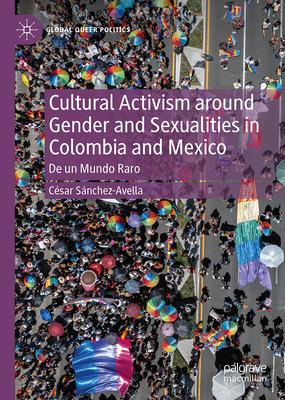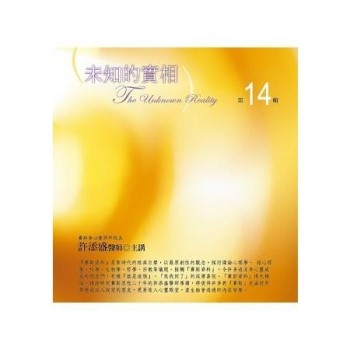This book focuses on an underestimated alternative to the mainstream liberal rights-based approach: cultural activism. This political strategy deploys art and other creative techniques to support the quest for social justice. This work explores this approach’s dynamics, strategies, and potential, presenting a qualitative case study of three cultural activists in Colombia and Mexico -Lia García, Felipe Osornio, and Manuel Parra-, including in-depth interviews and ethnographic observation of their artistic/activist work.
Through their intervention in the realm of ordinary affects, these cultural producers create new affective climates for the experience of sexual and gender difference and develop new repertoires of affective response concerning identities usually seen as abject or worthy of social punishment. Strategies of cultural activism aim to subvert dominant representations and performances of marginalized subjectivities, to critique and subvert gender norms, to give visibility to non-hegemonic identities, to resist different forms of oppression and marginalization, and to prompt collective healing of wounds left by violence and discrimination.












